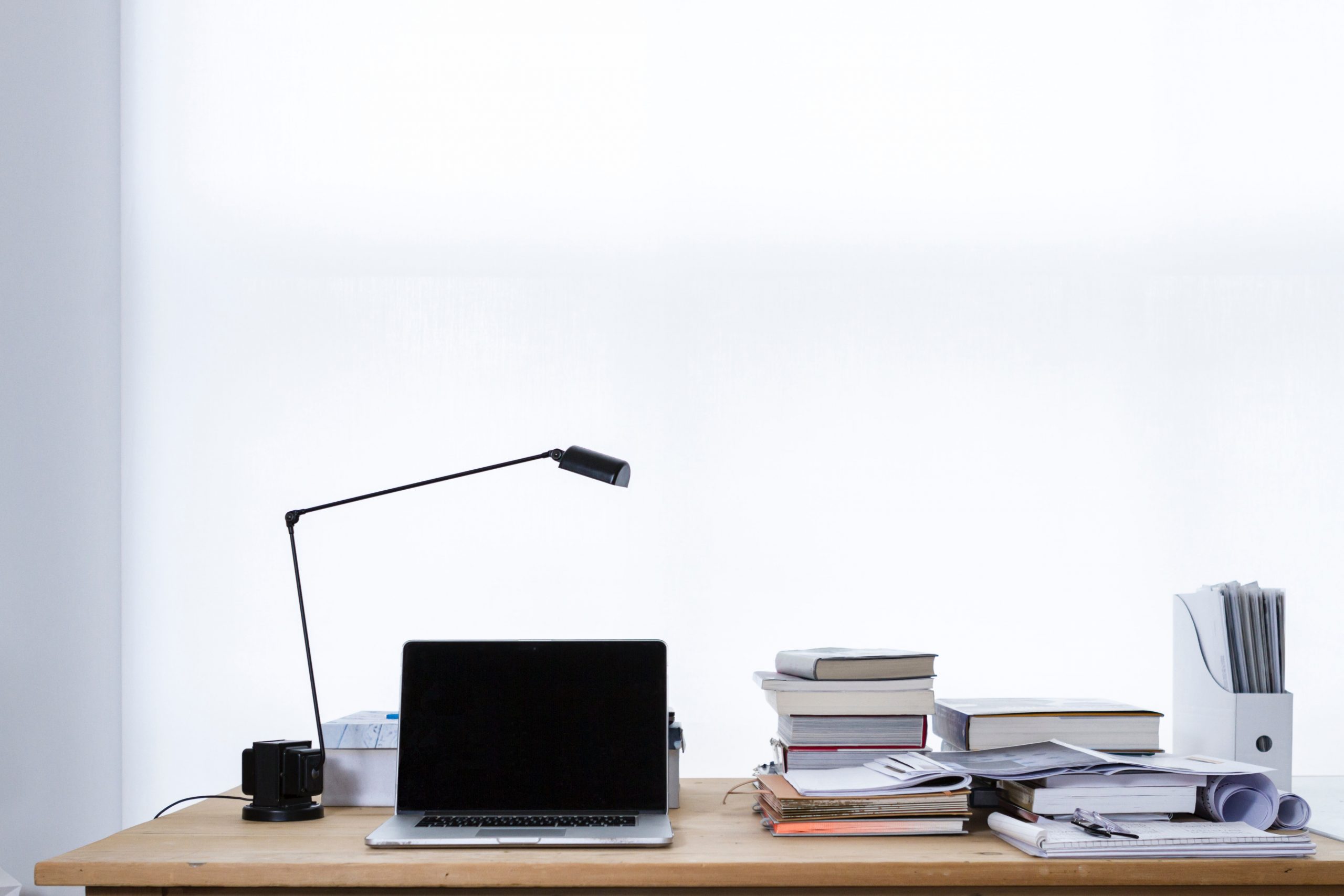Studying from home can be challenging. Noise, snacks, pets, tv, laundry, your bed… Many things can get in the way between you and that long essay you have not started yet, especially if you dread the place in which you should sit down and write it! That is why it is important to create a space comfortable enough to focus on your assignments but not so cozy that you end up snoring on top of your desk. Here are some simple tips on how to create the perfect study environment at home.
Finding the right spot
First of all, you want to find a space where you have a good WiFi signal, an energy outlet, and where you get enough light, either natural or artificial, but you should be able to sit upright and read comfortably for long periods. Ideally, a room separate from other people and distractions, but you can always use headphones to achieve this. A folded blanket is also a good idea if your chair is too stiff, but you should definitely avoid studying from your bed or any other space meant for relaxation, as your brain will get confused on when to be alert and when to rest. Having a consistent designated spot to study also helps you better recall the information for your exams.

Photo by freddie marriage on Unsplash
Make it shine!
Create and follow a routine of cleaning, decluttering, and organizing your study area every day before your classes or study session begins. Make sure you have your computer, headphones, charger, books, something to take notes with, something to drink, and everything you will need to get started so you do not interrupt your own workflow. You can place a nice little plant, candle, or piece of decoration to keep you motivated, but try to avoid anything that could potentially distract you. A clean desk makes for a peaceful mind.
Focus on what matters
To make the best out of your new study space, we recommend not only to keep your phone silent during classes and while you study, but to literally keep it out of sight from this space so you avoid any temptations and distractions. Use a wall-clock, a wristwatch, or simply set all your alarms on your computer so you can avoid getting distracted with your phone. A visual reminder of what you need to do in the day, such as a calendar, planner, agenda, to-do list, or post-its, will help you keep on track. Just try not to cram too many things around you, remember this should be a comfortable space for you to focus and not a place to overwhelm yourself.

Photo by STIL on Unsplash
Apart from drawing boundaries between your study and living environments, what will help you avoid the remote learning burn-out, is respecting your own schedule and that includes breaks. Every hour or so, get up, stretch, walk around, rest your eyes from screens, refill your glass of water, and to come back fully replenished to this amazing space you created for your own success!

Recent Comments